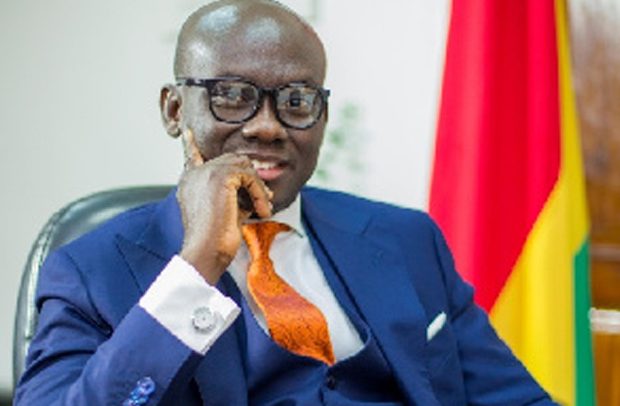Godfred Yeboah Dame
The Attorney General and Minster for Justice, Godfred Yeboah Dame, has advocated for the amendment of the Protocols establishing the ECOWAS Community Court of Justice to incorporate a requirement for exhaustion of domestic remedies as a precondition for access to the court.
He observed that both the 1991 Protocol and the 2005 Supplementary Protocol omitted the requirement to exhaust domestic remedies before invoking the jurisdiction of the ECOWAS Court, a situation which departs from the practice and procedure adopted by other international judicial and quasi-judicial human rights bodies such as the European Court of Human Rights, the Inter-American Court of Human Rights, and the African Court of Human Rights as well as the UN treaty bodies.
This omission, according to him, poses a grave danger to the survival of the court as it brings the court into potential political conflict with domestic courts of member states.
“The omission of a requirement to exhaust local remedies is undoubtedly, also responsible for the ever recurring difficulties in securing enforcement of decisions emanating from the ECOWAS Community Court of Justice. Legitimate questions about the sovereignty of nations and the supremacy of a Republic’s constitution are raised when a citizen of one country sidesteps all the avenues for resolution of a dispute available under the constitution of his own country and directly accesses the ECOWAS Community Court,” Mr. Dame said at the opening ceremony of the ECOWAS Eternal Court Session in Accra.
He opined that there is no justification for member states with strong human rights record and formidable judicial institutions, like Ghana, to be denied the opportunity to redress an alleged wrong within the framework of its own domestic legal system before international responsibility may be called into question.
Mr. Dame stated that an execution of this proposed amendment will realign the practice of the court with prevailing customary international law and various international treaties supporting litigation before international courts.
Alternatively, the Attorney General proposed the establishment of an appellate division of the court to subject the decisions of the court to scrutiny, provide an assurance against any serious or grave errors in rulings as well as eliminate the perception of the court being the “be all and end all” in matters over which it is clothed with jurisdiction.
Mr. Dame also urged all member states to support the work of the court through the institution of a credible procedure for enforcing decisions of the court in their respective countries.
President of the Ghana Bar Association (GBA), Yaw Acheampong Boafo, was hopeful that the external court session in Ghana would be successful and serve as a benchmark for future external sessions of the court, pledging the support of the GBA to the court in delivering on its mandate of bringing justice to the people of West Africa.
He urged members of the association to fully participate in the session and render pro bono service to the poor and vulnerable
BY Gibril Abdul Razak

